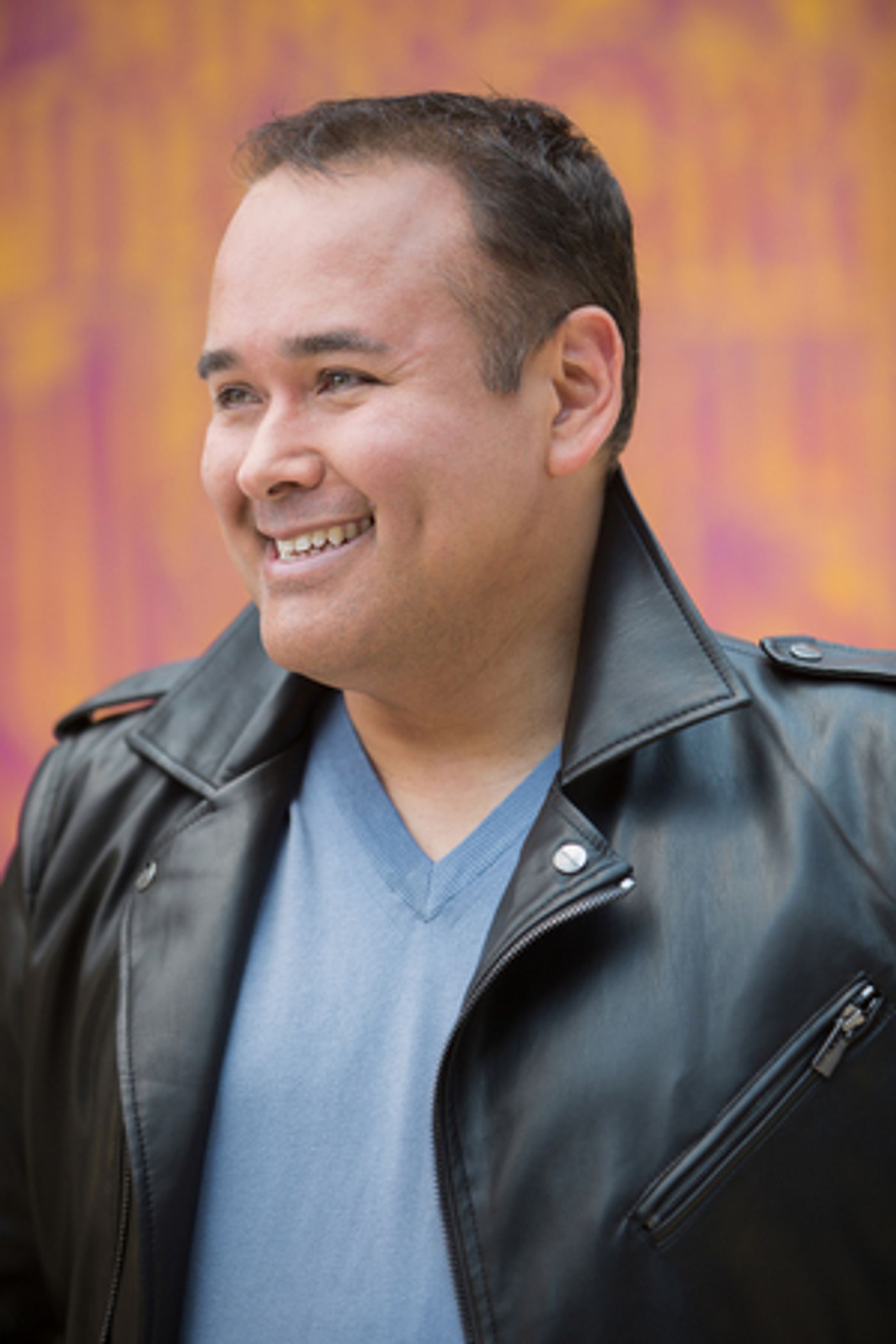Review: JAVIER CAMARENA RECITAL at Dorothy Chandler Pavilion

On the evening of October 20, 2019, Los Angeles Opera presented a recital by Javier Camarena and pianist Ángel Rodríguez at the Dorothy Chandler Pavilion. Camarena is the Mexican tenor who made news at the Metropolitan Opera when he and the orchestra under Fabio Luisi repeated their rendition of Don Ramiro's aria "Si, ritrovarla io giuro" ("Yes, I'll find her, I swear") from Rossini's La Cenerentola. He was only the third artist in 70 years to sing an encore there. He also sang that aria on last night's program, but despite thunderous applause, only once.
A native of Veracruz, in 2004 Camarena debuted as Tonio in Donizetti's The Daughter of the Regiment at the Palacio de Bellas Artes in Mexico City. He is best known for singing Tonio's aria "Ah, mes Amis" which contains nine high Cs. Although he said he was having a problem with allergies, he sang that aria as well.
He opened with a brilliant rendition of Bellini's "Nel furor delle tempeste" ("In the fury of the storm") from his 1827 opera, Il Pirata. The ease with which he sang it established the fact that the allergies did not affect the beauty or the power of his laser-true high notes. He continued with the more lyrical, pleasantly melancholy "Una furtiva lagrima" ("A furtive tear") from Donizetti's L'Elisir d'Amore. In it he showed that warm, creamy tone, superior breath control, and careful phrasing are as much a part of his singing as the ringing top notes which have brought him world-wide fame. As Camarena and accompanist Ángel Rodríguez reached the closed door to exit the stage the end of the latter aria, the tenor exclaimed, "What if they don't let me out of here?" He is a good comedian, too.
Camarena and Rodríguez continued with "Si, ritrovarla io giuro" ("Yes, I'll find her, I swear"), the aria from Rossini's La Cenerentola, the aria for which he was awarded the Met encore. The Los Angeles audience would have had him sing it three times if he would have done it. Camarena's fans, half English-speaking, half Spanish-speaking, did not fill the three thousand-seat Chandler but they were enormously vociferous, especially when the tenor went on to sing "Ah, mes Amis." The tempo, as paced by collaborative pianist Ángel Rodríguez, was fast and all nine high Cs were impeccable.
After a short intermission, Camarena and Rodríguez continued with Spanish-language songs most of which was familiar to the Angelino audience. I was glad that texts and translations of the entire recital were included in the well-put-together program. The tenor's ardent rendering of the intensely romantic "Flor Roja" ("Red Flower") from Jacinto Guerrero's zarzuela Los Gavilanes (The Sparrowhawks) showed his ease with fine melodic phrasing.
He followed it with a heart-rending rendition of "No puede ser" ("It Cannot Be So") from Pablo Sorozábal's La Tabernera del Puerto ("The Hostess of the Harbor Tavern"). With that song, the singer proved he could pull at heart strings as well as thrill his audience with earth-shaking high notes. At this point the artists deviated from the printed program and Rodríguez played a delightfully dramatic solo piece with great gusto. I wish he had been given a better piano to play. This one had very little resonance and showed visible scratches on the audience side.
Camarena commented that the audience could now break out the popcorn as he continued with Jorge de Moran's Besos Robados ("Stolen Kisses"). I enjoyed the way singer and accompanist built-up a fine crescendo to the final command. Then it was time to recognize fans of Cuban background with Ernesto Lecuona's Siboney. It was a romantic song many in the audience had not heard for decades and they showed their appreciation of Camarena's interpretation at its end.
Turning once again to a sad song, Camarena told the story of María Grever's "Te Quiero, Dijiste." The writer was speaking of her love for her daughter who had died and her tender song brought tears to a great many eyes. Finishing with a dramatic flourish, Camarena's final song was Agustín Lara's Granada, for which both singer and pianist pulled out all the stops.
If the artists' reception was thunderous before intermission, it was deafening at the recital's end. Only when they returned to the stage with music did it cease. That audience wanted them to perform all night. Their encores did include a great deal of commonly known music and, for songs such as Cielito Lindo, Camarena invited the audience to sing the chorus with him. This was a fascinating performance and I hope Camarena will sing opera in LA soon.
Reader Reviews
Videos

